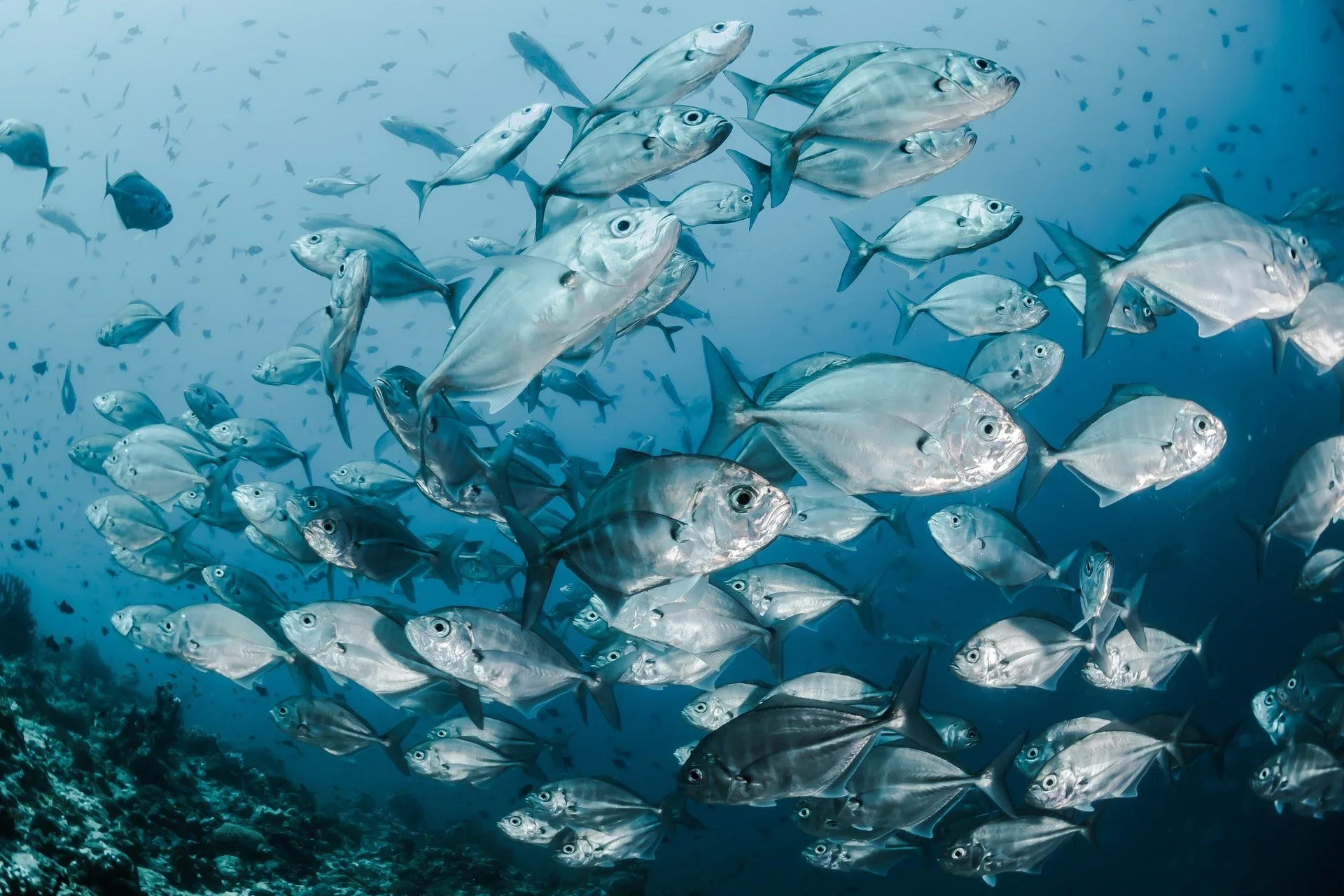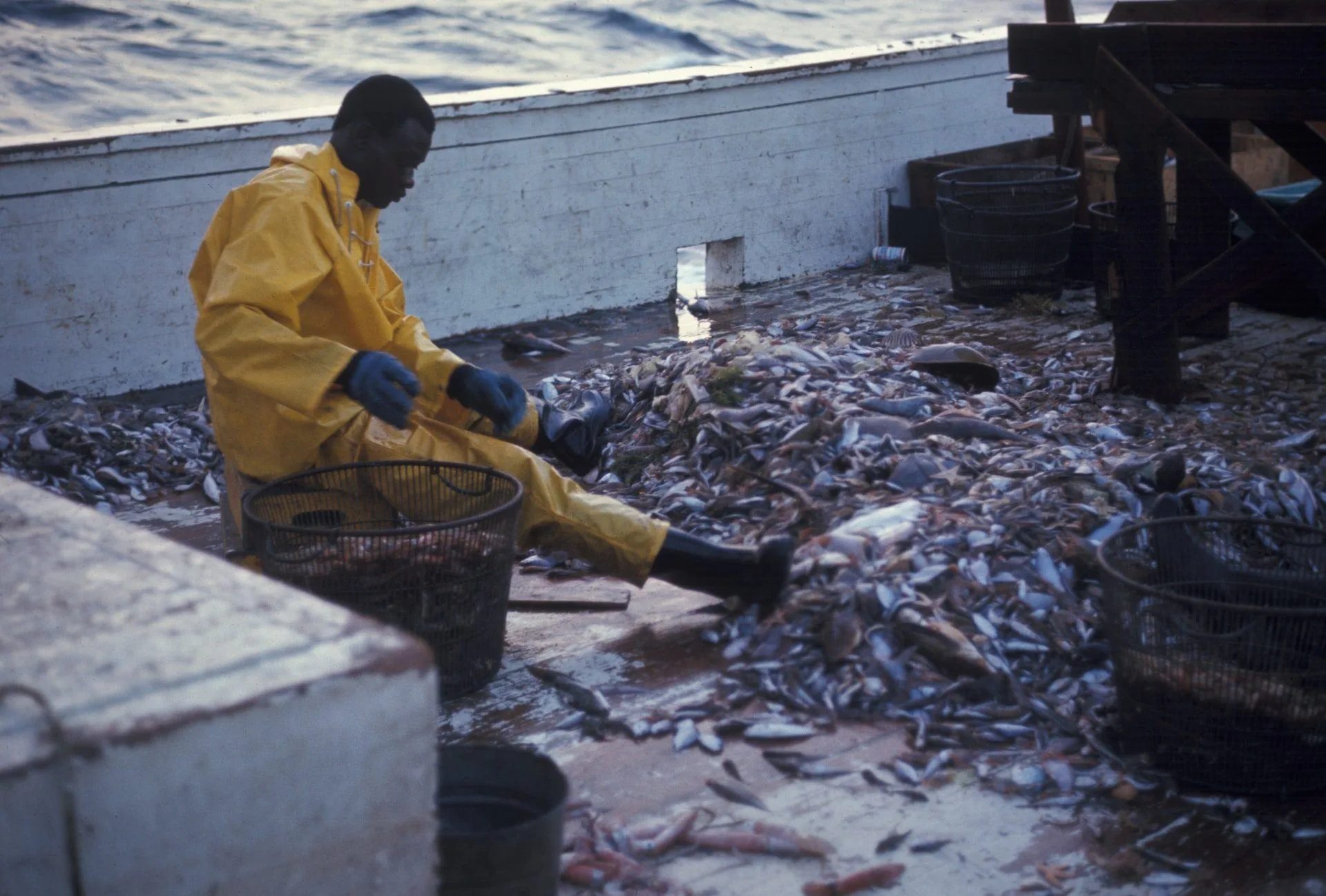The world is on fire (literally), the economy is crumbling and more and more people are battling with obesity and malnutrition. However, what if we the key to addressing these issues lived under the sea?
According to new research, fish, seaweed and other aquatic foods could help tackle not only malnutrition but the climate crisis as well.
Eat More Fish to Fight Climate Change and Malnutrition
A team of researchers, hailing from Stanford University’s Center for Ocean Solutions & Center on Food Security and the Environment, the Stockholm Resilience Centre at Stockholm University and non-profit startup EAT, set out to explore how aquatic foods could help to solve the world’s biggest problems.
The five new research papers, conducted by the Blue Food Assessment (BFA) and published in Nature, have revealed that blue foods – anything that has been captured or grown in water – could be used to address malnutrition, climate change as well as improving the livelihoods of people across the world.
Blue foods are nutritious

Photo by Sebastian Pena Lambarri on Unsplash
“Many blue food species are rich in important nutrients. Compared to chicken, trout has approximately 19 times more omega-3 fatty acids; oysters and mussels have 76 times more vitamin B-12 and five times more iron; and carps have nine times more calcium.” – Professor Dave Little, co-author of the nutrition paper.
Professor Little also added that blue foods can be especially beneficial for women. In fact, women were found to benefit more than men from increased consumption in nearly three times the number of countries studied. As such, Professor Little implores that improving food security requires a gender lens to overcome the structural disadvantages that women face.
This isn’t the first time that research has revealed the nutritional benefits of eating more fish. A 2019 study revealed that the Danish population as a whole can gain up to 7,000 healthy years of life annually if all adult Danes eat fish in the recommended quantities while at the same time reducing their meat intake.
So, which fish to eat? Well, the best approach would be to consume a diverse range of seafood so that you can be rewarded with a wider range of micronutrients.
Blue foods for climate woes
A recent study published in Nature Food, the production of meat worldwide, causes twice the pollution of the production of plant-based foods. What’s more, meat accounts for nearly 60% of all greenhouse gases from food production.
“Many fish and invertebrates produced for food emit fewer greenhouse gases, less water pollution, and use fewer land and water resources than land-based animal foods,” says Dr. Richard Newton, co-author of the study.
That said, the production of fish is seemingly kinder to the planet. However, it’s not necessarily that simple.
The climate challenges of blue food
the WWF has stated that: “Fishing is one of the most significant drivers of declines in ocean wildlife populations…Catching fish is not inherently bad for the ocean, except for when vessels catch fish faster than stocks can replenish, something called overfishing.”
According to a United Nations report, 32% of fisheries are currently overfished.
Conclusion
It’s clear that increasing our intake of fish can serve to be beneficial for our health and that of our planet. However, it’s important to address this in a sustainable and climate-friendly way, especially if we want to reap the benefits of eating aquatic foods.
Want to read more?
The state of our climate can be particularly overwhelming. It’s easy to get anxious about the planet’s rising temperatures. As such, it’s no wonder that so many people are battling climate anxiety.
References
Thomsen, S. T., de Boer, W., Pires, S. M., Devleesschauwer, B., et al. (2019). A probabilistic approach for risk-benefit assessment of food substitutions: A case study on substituting meat by fish. Food and chemical toxicology: an international journal published for the British Industrial Biological Research Association, 126, 79–96. https://doi.org/10.1016/j.fct.2019.02.018
Xu, X., Sharma, P., Shu, S. et al. (2021). Global greenhouse gas emissions from animal-based foods are twice those of plant-based foods. Nat Food 2, 724–732. https://doi.org/10.1038/s43016-021-00358-x




![women [longevity live]](https://longevitylive.com/wp-content/uploads/2020/01/photo-of-women-walking-down-the-street-1116984-100x100.jpg)










